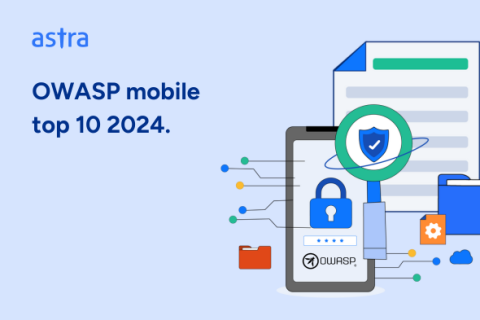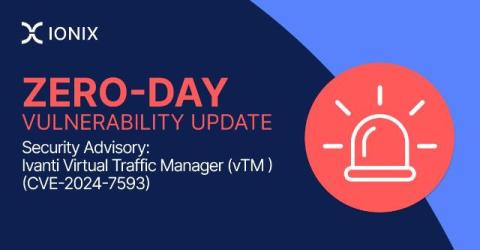OWASP Mobile Top 10 2024: A Security Guide
The OWASP Mobile Top 10 lists the foremost crucial security risks in mobile applications. This list is essential for developers, security professionals, and organizations to prioritize their resources while addressing mobile app development vulnerabilities in order of severity.











